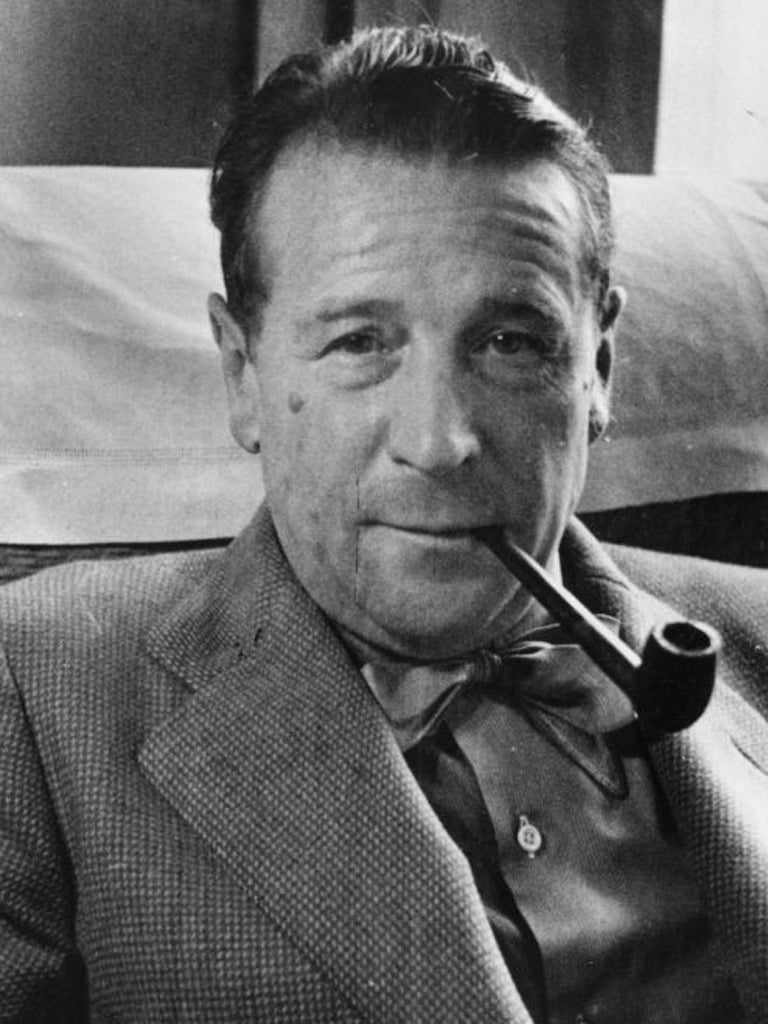Earworms, Radio 4, Monday Foreign Bodies, Radio 4, Monday-Friday
A curious week of Maigret and Bananarama

Your support helps us to tell the story
From reproductive rights to climate change to Big Tech, The Independent is on the ground when the story is developing. Whether it's investigating the financials of Elon Musk's pro-Trump PAC or producing our latest documentary, 'The A Word', which shines a light on the American women fighting for reproductive rights, we know how important it is to parse out the facts from the messaging.
At such a critical moment in US history, we need reporters on the ground. Your donation allows us to keep sending journalists to speak to both sides of the story.
The Independent is trusted by Americans across the entire political spectrum. And unlike many other quality news outlets, we choose not to lock Americans out of our reporting and analysis with paywalls. We believe quality journalism should be available to everyone, paid for by those who can afford it.
Your support makes all the difference.Only dimly aware of Bananarama's 1988 cover of the Supremes hit "Nathan Jones" until last Monday, I now have it stuck in my brain. Shaun Keaveny has a lot to answer for.
As has listener Martha, who recounted in Keaveny's Earworms the story of how the song – in fact, just the one line, "Nathan Jones, you've been gone too long" – entered her head as she went in for her chemistry GCSE more than 20 years ago. And it's been a regular visitor ever since at times of stress: wedding day, childbirth.... "The one line ... drives me up the wall."
The programme arose from Keaveny's 6 Music Breakfast Show: several years ago he asked listeners for their earworms, and was flooded with them. A Goldsmiths psychologist, Dr Lauren Stewart, was listening, and the result is a 10,000-tune database she and her fellow boffins are furiously analysing. They're concentrating on the music, on what gives a particular tune earworm potential, but ignoring another obvious trigger: words. I speak as one afflicted, and, although Keaveny advises us to love our earworms – "It's like having your own private band in your head" – sometimes the sound of silence is better (here we go: "Hello darkness my old friend …").
It's something of a truism that literary critics can be sniffy about detective fiction, but there are enough high-minded enthusiasts, such as Mark Lawson, to remind us of their depths. His 15-part series, the snappily titled Foreign Bodies: A History of Modern Europe Through Literary Detectives, is advancing that viewpoint in, er, forensic detail.
We learnt, for example, that Georges Simenon's Maigret books incorporated a running commentary on changes in French prostitution laws (he was an avid user); that the attitudes of Agatha Christie's posh types to their servants charted social changes in Britain, and that Nicolas Freeling's Van der Valk novels often turned on whether a character had been a collaborator or a resister in the Second World War.
But if detective novels are treasure- troves for social and national historians, in the end, their success depends on the genre's basic requirement – spotting a lie: "Nathan Jones, you've been gone too long ...".
Join our commenting forum
Join thought-provoking conversations, follow other Independent readers and see their replies
Comments